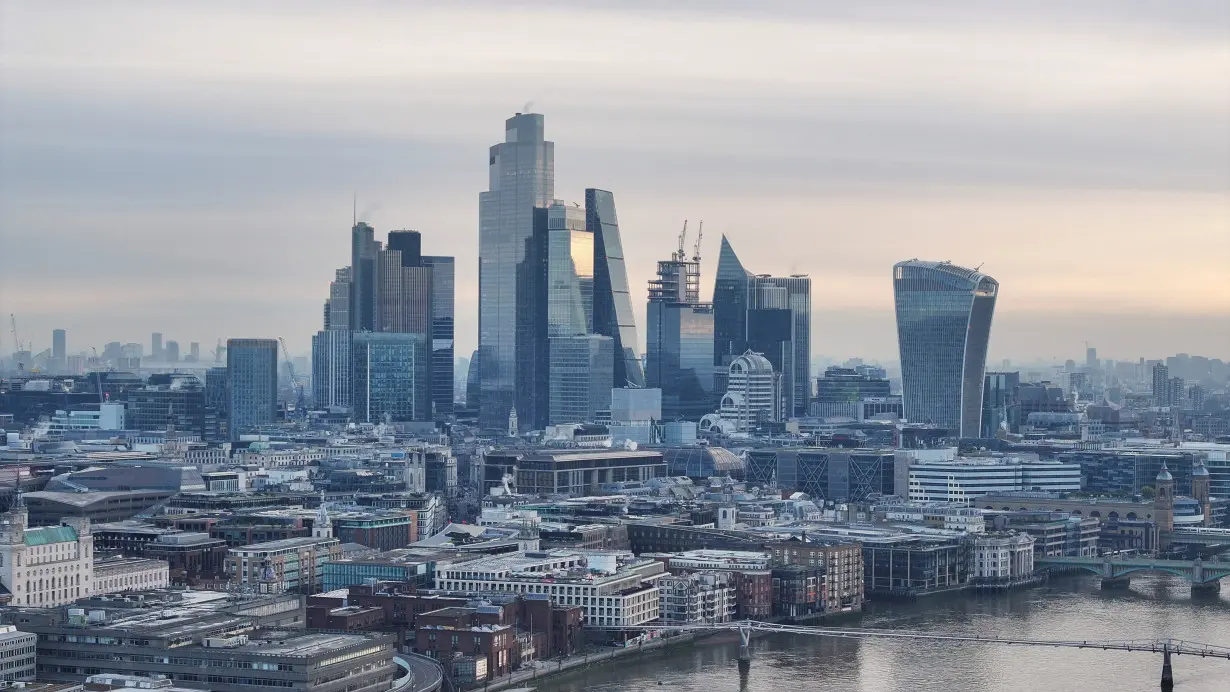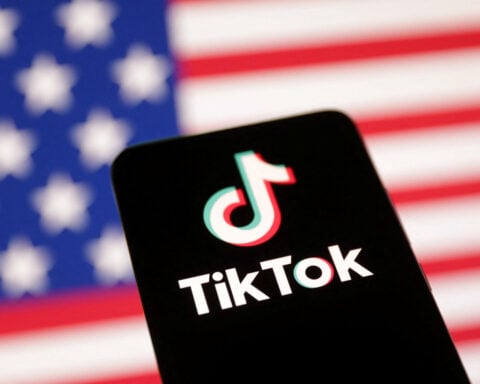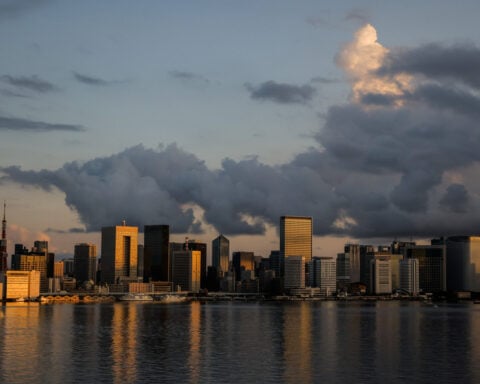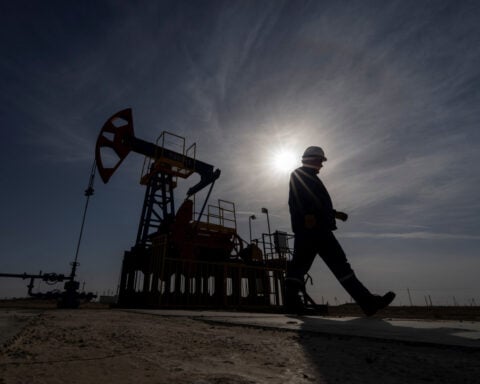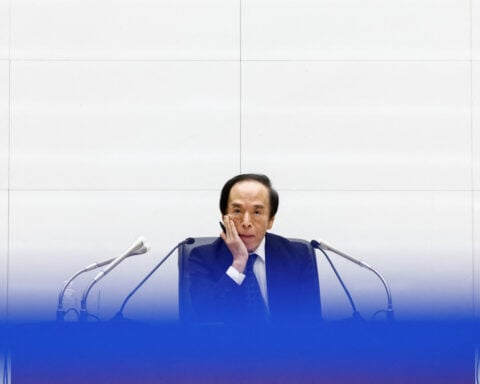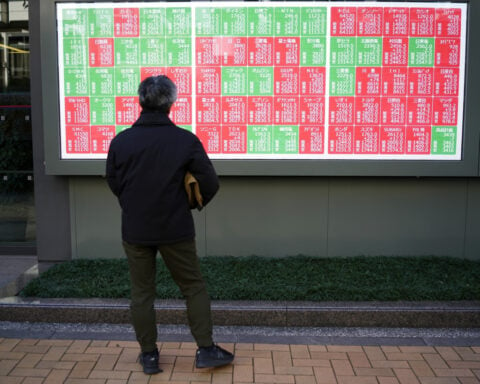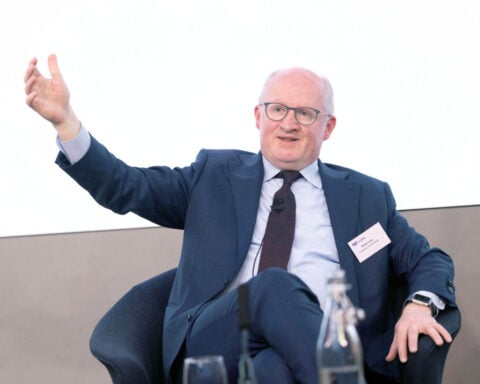By Iain Withers and Sinead Cruise
LONDON (Reuters) - Britain's information watchdog has rejected a Reuters appeal to identify lenders who have lost or surrendered state guarantees on millions of pounds of COVID-19 emergency loans, citing potential harm to their commercial interests.
Reuters revealed in November that government guarantees on about 1 billion pounds ($1.3 billion) of pandemic-era loans to stricken businesses had been scrapped, based on data obtained under a Freedom of Information (FOI) request to the British Business Bank (BBB), which oversees the emergency lending schemes.
The BBB, however, declined to name the banks that could no longer claim taxpayer cash on some troubled COVID debt, saying that disclosure "would have an adverse impact" on its relationship with the lenders, some of which had waived guarantees voluntarily after finding flaws in lending processes.
Reuters appealed on the grounds of public interest to the Information Commissioner's Office (ICO).
But the ICO has accepted the BBB's position that naming the banks could "have a bearing on a lender's ability to compete for customers and against other lenders or investors", with public interest arguments outweighed by potential "commercial harm".
According to the latest government figures published in May, lenders estimated 1.84 billion pounds of a total 77 billion pounds lent to businesses through the country's Bounce Back Loan Scheme and Coronavirus Business Interruption Loan Scheme could be fraudulent.
Britain's new finance minister Rachel Reeves has begun the process of appointing a COVID Corruption Commissioner "to get back what is owed to the British people", she said in an X social media post on Monday.
The Bounce Back scheme in particular has attracted intense criticism from lawmakers and the public accounts watchdog over its allegedly lax controls and vulnerability to fraud.
Banks which took part were encouraged to streamline routine lending processes to issue the loans as quickly as possible and prevent a possible wave of corporate failures.
Under terms of the various schemes, 80-100% of the loan value was guaranteed by the government in the event of default but the guarantee could be removed by the BBB if a loan was later judged to be ineligible, leaving banks liable for 100% of the debt.
As of March 2024, the government guarantee had been removed from 11,813 loans worth a total of 1.04 billion pounds - figures the government began publishing after Reuters' FOI request.
"Lenders are doing all they can to ensure loans are repaid and fraud is tackled, working alongside government, law enforcement and the British Business Bank," a spokesperson for banking trade body UK Finance said.
The UK finance ministry did not immediately respond to a request for comment.
COVID CORRUPTION
The UK Insolvency Service said on Tuesday it had disqualified more than 830 company directors in 2023-24 for "COVID loan abuse", leading to 22 criminal prosecutions and paving the way towards the recovery of around 3 million pounds.
While Britain's pandemic lending initiatives were similar to those of other countries, the BBB highlighted the "very significant fraud and credit risks" of the Bounce Back scheme in a May 2020 letter to the government.
The BBB previously told Reuters that guarantees had been removed for a variety of reasons, including due to data corrections, application errors resulting in "duplicate" loans being issued, as well as infringements of scheme rules.
Mistakes had been identified independently by the lenders, or following discussions with the BBB, it said.
The BBB also argued that deeper disclosures on Britain's rescue lending could deter private sector participation in similar schemes in the future, hampering the government's ability to launch initiatives should the need arise.
It also said further disclosures could prejudice the commercial interests of the government.
In its correspondence with Reuters, the ICO said it was not persuaded by either of these arguments, but agreed with the BBB about the potential for commercial harm to lenders.
($1 = 0.7741 pounds)
(Reporting by Sinead Cruise and Iain Withers; Editing by Kirsten Donovan)

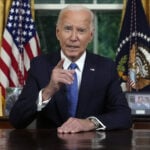 Biden promised to turn the page on Trump. Now he's being replaced by him
Biden promised to turn the page on Trump. Now he's being replaced by him
 Firefighters prepare for increasing gusts following brief reprieve for LA area
Firefighters prepare for increasing gusts following brief reprieve for LA area
 John Ratcliffe, tapped by Trump to lead the CIA, will face questioning in the Senate
John Ratcliffe, tapped by Trump to lead the CIA, will face questioning in the Senate
 Nippon Steel wants to work with Trump administration on US Steel deal, Mori tells WSJ
Nippon Steel wants to work with Trump administration on US Steel deal, Mori tells WSJ
 After cable damage, Taiwan to step up surveillance of flag of convenience ships
After cable damage, Taiwan to step up surveillance of flag of convenience ships
 BOJ will raise rates if economy, price conditions continue to improve, Ueda says
BOJ will raise rates if economy, price conditions continue to improve, Ueda says
 Manatees congregate in warm waters near power plants as US winter storms graze Florida
Manatees congregate in warm waters near power plants as US winter storms graze Florida
 AAPI adults prioritize immigration, but split on mass deportations: AP-NORC/AAPI Data poll
AAPI adults prioritize immigration, but split on mass deportations: AP-NORC/AAPI Data poll
 As Los Angeles burns, Hollywood's Oscar season turns into a pledge drive
As Los Angeles burns, Hollywood's Oscar season turns into a pledge drive
 As fires ravage Los Angeles, Tiger Woods isn't sure what will happen with Riviera tournament
As fires ravage Los Angeles, Tiger Woods isn't sure what will happen with Riviera tournament
 Antetokounmpo gets 50th career triple-double as Bucks win 130-115 to end Kings' 7-game win streak
Antetokounmpo gets 50th career triple-double as Bucks win 130-115 to end Kings' 7-game win streak
